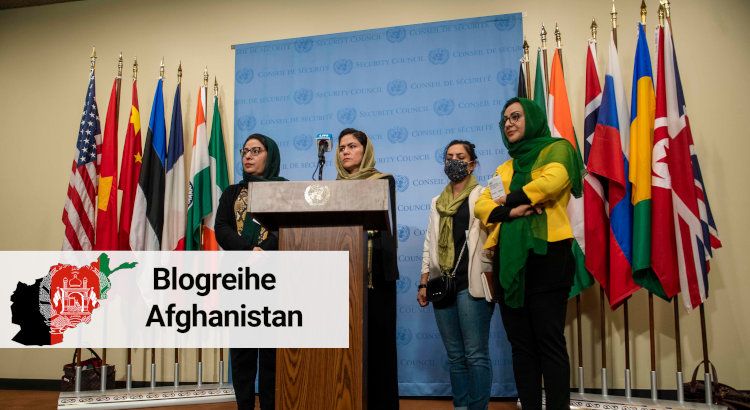Acting upon Afghan women’s appeals to inclusive peace
After twenty years of “war on terror” the Taliban took power in Afghanistan on August 15th, 2021, following a hasty U.S. troop withdrawal and a chaotic evacuation. This raises multiple questions and concerns. Retrospectively, it questions the reasonableness and benefit of the NATO mission in Afghanistan, as well as the political peace process that culminated in the Doha agreement between the U.S. and the Taliban in February 2020. In terms of future developments, it also raises concerns about the maintenance of socio-cultural gains as well as human rights in general - and women’s rights in particular.
